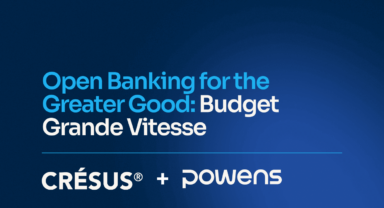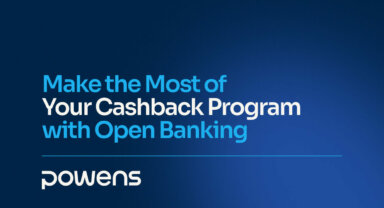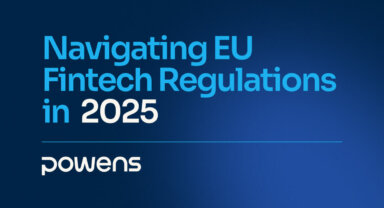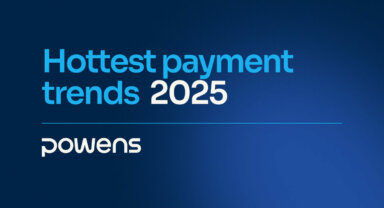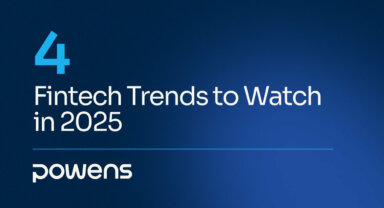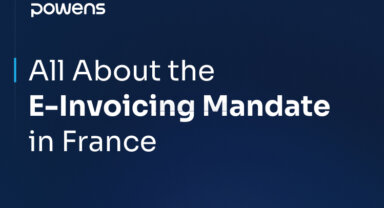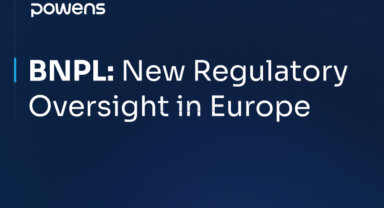A word of opportunities
Open Banking is a real revolution that is the source of many innovations and new business models. Thanks to the opening of banking data and the acceleration of data flows encouraged by European legislation, Open Banking is shaking up the financial landscape.
What does Open Banking support?
Enabling the aggregation of banking data (AIS – Aggregation Information Services) and more efficient and secure payments (PIS, Payment Initiation Services), Open Banking promotes
- Data transparency
- Better access to financial services
- Better customer relations,
- The possibility for financial institutions to improve their digital infrastructure
- The emergence of new products, services, and players
Alongside financial institutions, more and more non-bank players offer financial products and services, such as payment methods or loan offers. These include fintech, retailers such as Carrefour, which has founded its Market Pay payment platform, and manufacturers such as Apple, which launched fractional payments in June 2022 (BNPL).
With the user’s consent and through the use of APIs (connection interfaces), data is exchanged between financial institutions and their customers and third parties such as fintech.
For all players, relying on the expertise of third parties is beneficial. This collaboration allows for broader service offerings that generate more business and results for all stakeholders. Better customer experiences come with it. It’s an inherently win-win-win scenario.
Open Banking: an insufficient data scope
However, the data covered by PSD2 from current accounts limit the scope. As experts in financial data aggregation, we at Powens have observed that among the 2.7 million accounts synchronized by the users of companies using our technologies, 60% are accounts not included in the scope of the PSD2 directive!
These are asset accounts such as life insurance contracts, securities accounts, PEAs, retirement, employee savings contracts, or even crypto-assets.
To go further, the question of opening up all financial data arises. This development would allow the multiplication of innovations in terms of value-added services. This is why we no longer speak only of Open Banking but of Open Finance.
Open Finance: a broader spread than simply Open Banking
Open Finance extends the third-party access principles of Open Banking to a broader set of financial products. It is part of a global trend toward open and portable data. It will enable broader integration across non-financial industries, including healthcare, retail, and government sectors, and expand the range of third parties competing or mediating financial relationships.
Covering a much broader spectrum than Open Banking, Open Finance offers financial service providers and beyond more opportunities to innovate and design new services based on more types of data. For example, a financial services provider can offer individuals, professionals, and businesses a consolidated view of all their financial assets. For example, a financial services provider can offer individuals, professionals, and businesses a consolidated view of all their financial assets and advise on wealth or cash management. A credit institution can make offers faster and at better conditions because decisions are based on more data, giving decisions are based on more data, giving a better view of the borrower’s financial health. This means more opportunities for consumers and financial service providers and inclusiveness.
What makes Powens unique is the ability to automatically capture and distribute not only banking data from current accounts, but also financial data from asset accounts, as well as documents related to corporate financial management, KYC and KYB processes, and credit scoring.
We define Open Finance as Open Banking with superpowers, which supercharges the app and creates new embedded finance experiences.
Ready to boost your business with the power of Open Finance?
Contact us today to schedule a demo with our experts, where we’ll walk you through our industry-leading platform and explain why only Powens can live up to the promise of Open Banking with superpowers.
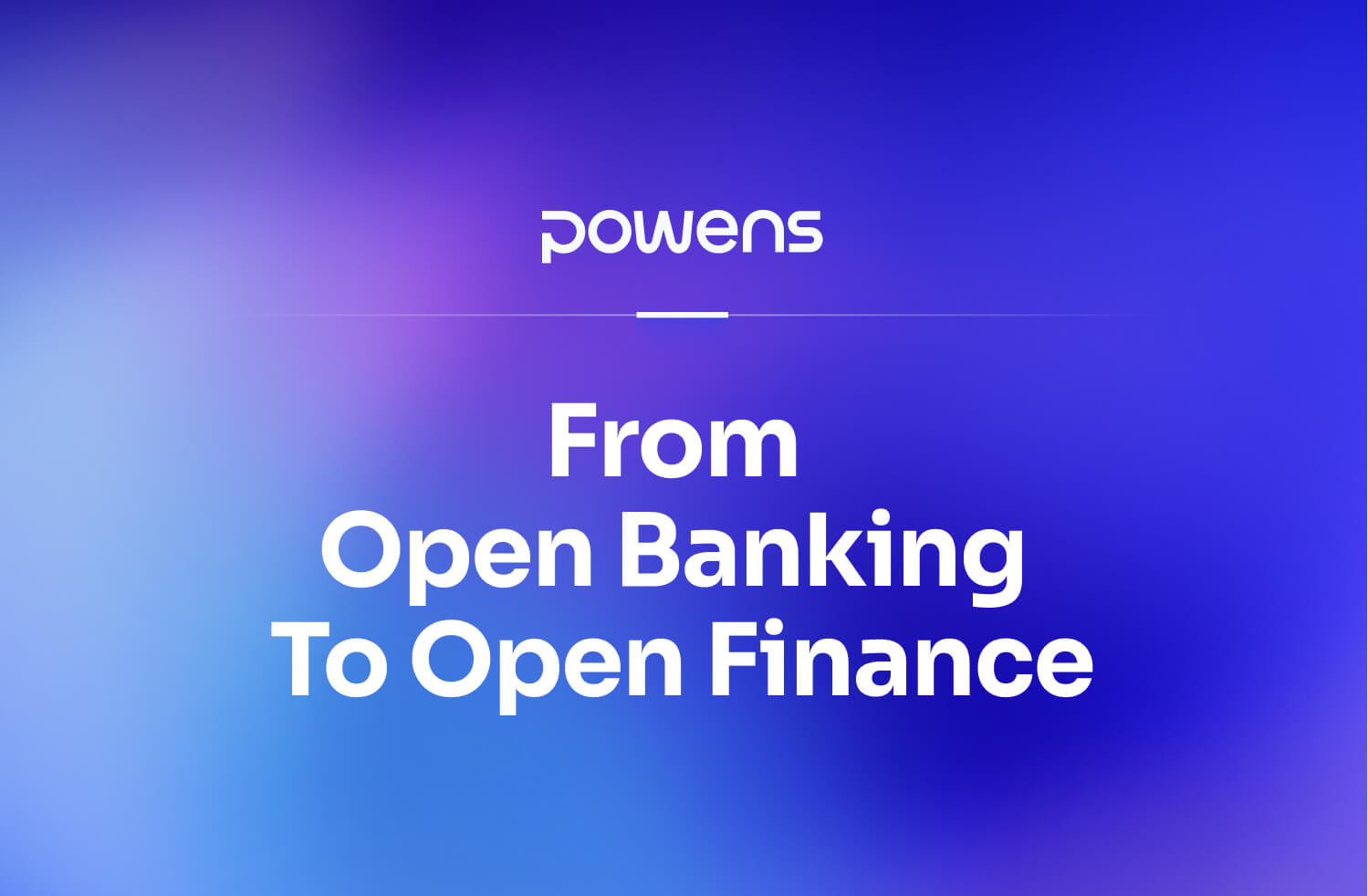
 Feb 02, 2023
Feb 02, 2023 



